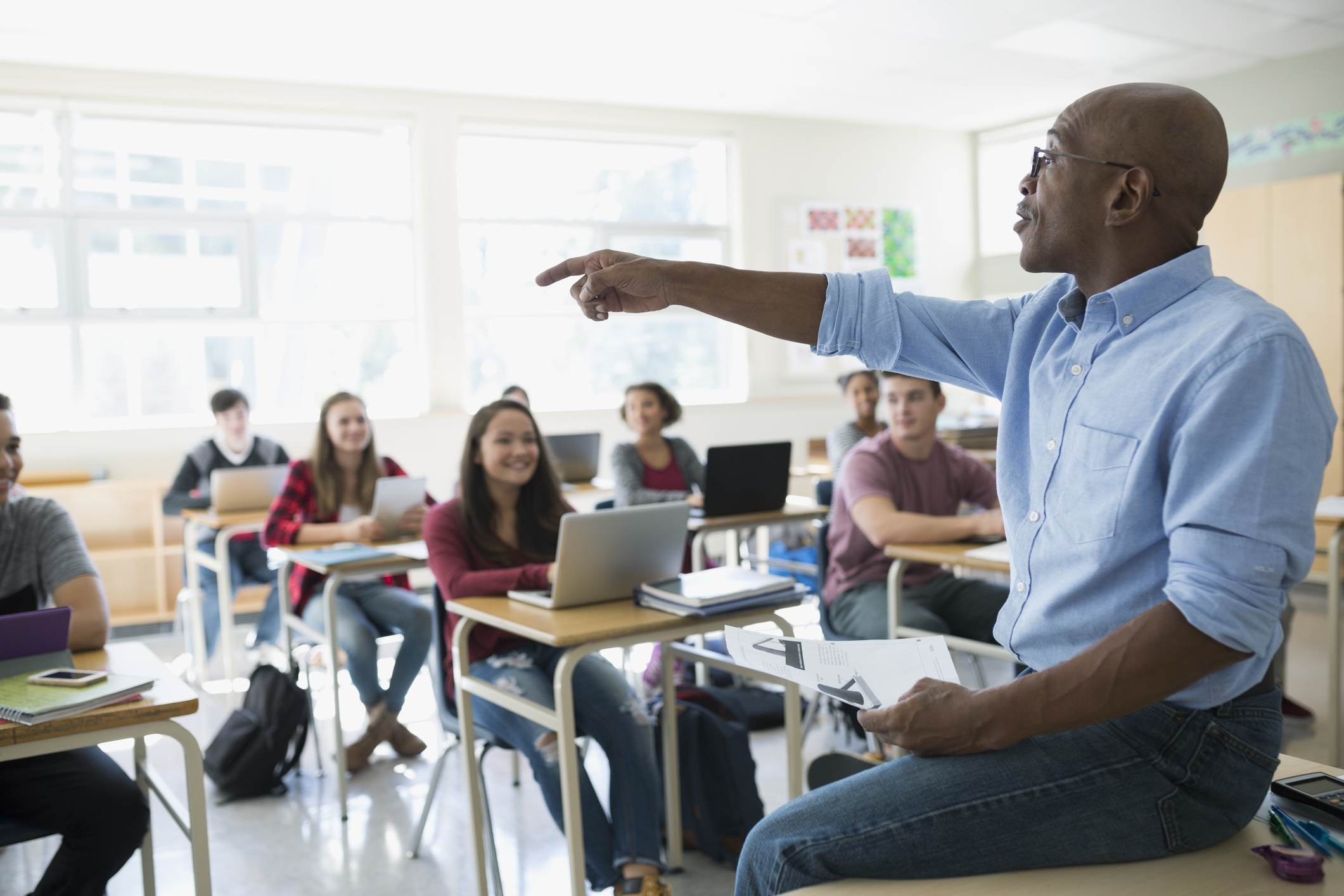Master Primary Science Concepts with Quality Tuition in Singapore
Master Primary Science Concepts with Quality Tuition in Singapore
Blog Article
Discover the Vital Advantages of Understanding Main Scientific Research for Young Learners
The relevance of primary scientific research education and learning for young learners extends much beyond simple knowledge acquisition; it offers as an essential column in creating crucial abilities such as important thinking, problem-solving, and creativity. Engaging with clinical concepts via interactive and inquiry-based activities not only grows interest but also lays the foundation for resistant, certain learners.
Enhancing Crucial Assuming Skills
Promoting crucial thinking skills in young students is necessary for their cognitive development and future academic success. Important thinking allows children to assess information, review evidence, and make educated decisions, which are crucial abilities in today's information-rich culture. By participating in scientific questions, young learners can improve these abilities as they explore principles through thinking, monitoring, and trial and error.
In key science education, instructors can facilitate essential thinking by motivating pupils to ask inquiries, formulate theories, and conduct experiments. This hands-on technique permits youngsters to practice problem-solving and create logical reasoning skills. When trainees check out the residential properties of materials or the principles of movement, they discover to evaluate their searchings for seriously and draw final thoughts based on evidence.
Additionally, discussions and collaborative projects can promote crucial thinking by providing possibilities for students to express their ideas, obstacle assumptions, and think about varied point of views. By producing an encouraging setting that values query and reflection, educators can nurture essential believing skills that equip young learners to end up being lifelong students and independent thinkers. Inevitably, boosting these abilities lays a robust structure for their future scholastic endeavors and individual development.
Cultivating Interest and Exploration

Primary scientific research education and learning gives an organized environment where young students can explore different phenomena with hands-on experiments and observations. By allowing them to engage with materials and participate in inquiry-based understanding, teachers produce possibilities for youngsters to create hypotheses, check their concepts, and reason. Such experiences nurture a feeling of marvel and excitement about scientific research.

Building Confidence in Trouble Addressing
Structure self-confidence in problem-solving is a vital element of main science education that encourages young students to come close to obstacles with strength and imagination - primary science tuition Singapore. When kids are motivated to engage with clinical concepts through hands-on tasks and inquiry-based discovering, they establish vital skills in critical thinking and analysis. This process not only improves their understanding of scientific concepts but additionally promotes a feeling of ownership over their understanding
To develop confidence, teachers should develop an encouraging atmosphere where mistakes are considered as opportunities for development rather than failings. This encourages pupils to take dangers and discover different remedies to problems. By giving scaffolding and guidance, teachers can aid students browse complex tasks, progressively increasing their independence in analytic situations.
Moreover, collaborative learning experiences, such as group jobs or experiments, can additionally improve trainees' confidence as they learn to articulate their ideas and listen to others' point of views. These interactions nurture social skills and enhance the concept that analytical is commonly a cumulative undertaking. Inevitably, growing confidence in problem-solving prepares young learners for future scholastic difficulties and equips them with the devices essential for long-lasting knowing.
Encouraging Imagination and Innovation
In the realm of key science education, urging imagination and advancement is necessary for cultivating a vibrant explanation discovering environment. By cultivating a culture where young students can explore concepts and experiment easily, educators aid students create vital thinking skills and an interest for discovery. Creative thinking in science urges kids to ask inquiries, create hypotheses, and participate in hands-on activities that promote their creativity.
Integrating open-ended tasks and inquiry-based discovering into the curriculum permits students to reveal their unique point of views and solutions. For example, when entrusted with resolving a trouble related to their atmosphere, trainees can conceptualize multiple methods, bring about inventive results that display their creativity. This not just grows their understanding of clinical ideas but additionally imparts a feeling of ownership over their learning procedure.
Furthermore, creative science education nurtures partnership among peers, as trainees commonly share concepts and build on one another's insights - primary science tuition Singapore. This collective spirit advertises not just development but likewise necessary social abilities. Therefore, by prioritizing imagination and advancement in key scientific research education and learning, we equip young learners to think seriously, welcome difficulties, and imagine possibilities, laying a strong structure for long-lasting discovering and exploration
Preparing for Future Understanding Obstacles
Young learners' ability to browse future discovering difficulties hinges on a strong structure in primary scientific research education. This fundamental understanding furnishes trainees with crucial assuming abilities and a methodical approach to analytic, vital for tackling intricate problems in an ever-evolving globe. Main science promotes inquiry-based learning, urging students to ask inquiries, explore theories, and engage in hands-on experiments.
As they develop these skills, students become experienced at examining data, acknowledging patterns, and attracting notified verdicts. Such competencies are crucial not just in clinical areas but likewise in math, engineering, and innovation look at more info (STEM), where interdisciplinary expertise is increasingly critical.
Furthermore, main science education grows a feeling of inquisitiveness and resilience in young learners, allowing them to watch challenges as opportunities for growth. As they come across and get rid of barriers in their scientific explorations, they develop confidence in their capability to innovate and adapt.
Eventually, a solid structure in key scientific research not just prepares young students for academic quests however likewise furnishes them with the tools required for lifelong knowing and versatility in a rapidly altering worldwide landscape. By purchasing primary science education and learning, we are spending in the future capacity of our learners.
Final Thought
Recognizing main scientific research is vital for young learners, as it cultivates vital reasoning, curiosity, and creative thinking. Ultimately, the benefits of key science education and learning prepare children for future academic searches and instill lifelong understanding habits necessary for thriving in an ever-evolving world.
The relevance of primary science education and learning for young students extends far beyond simple expertise acquisition; it serves as an essential column in creating essential skills such as important reasoning, problem-solving, and creativity. By producing a helpful environment that values inquiry and reflection, teachers can nurture important assuming abilities that encourage young students to come to be lifelong learners and independent thinkers. Thus, by prioritizing creativity and development in primary science education, we empower young learners to think seriously, welcome obstacles, and picture opportunities, laying a solid structure for lifelong knowing and exploration.
Young learners' click this ability to browse future discovering difficulties hinges on a solid structure in key scientific research education.Understanding primary scientific research is vital for young students, as it promotes crucial thinking, inquisitiveness, and creative thinking.
Report this page